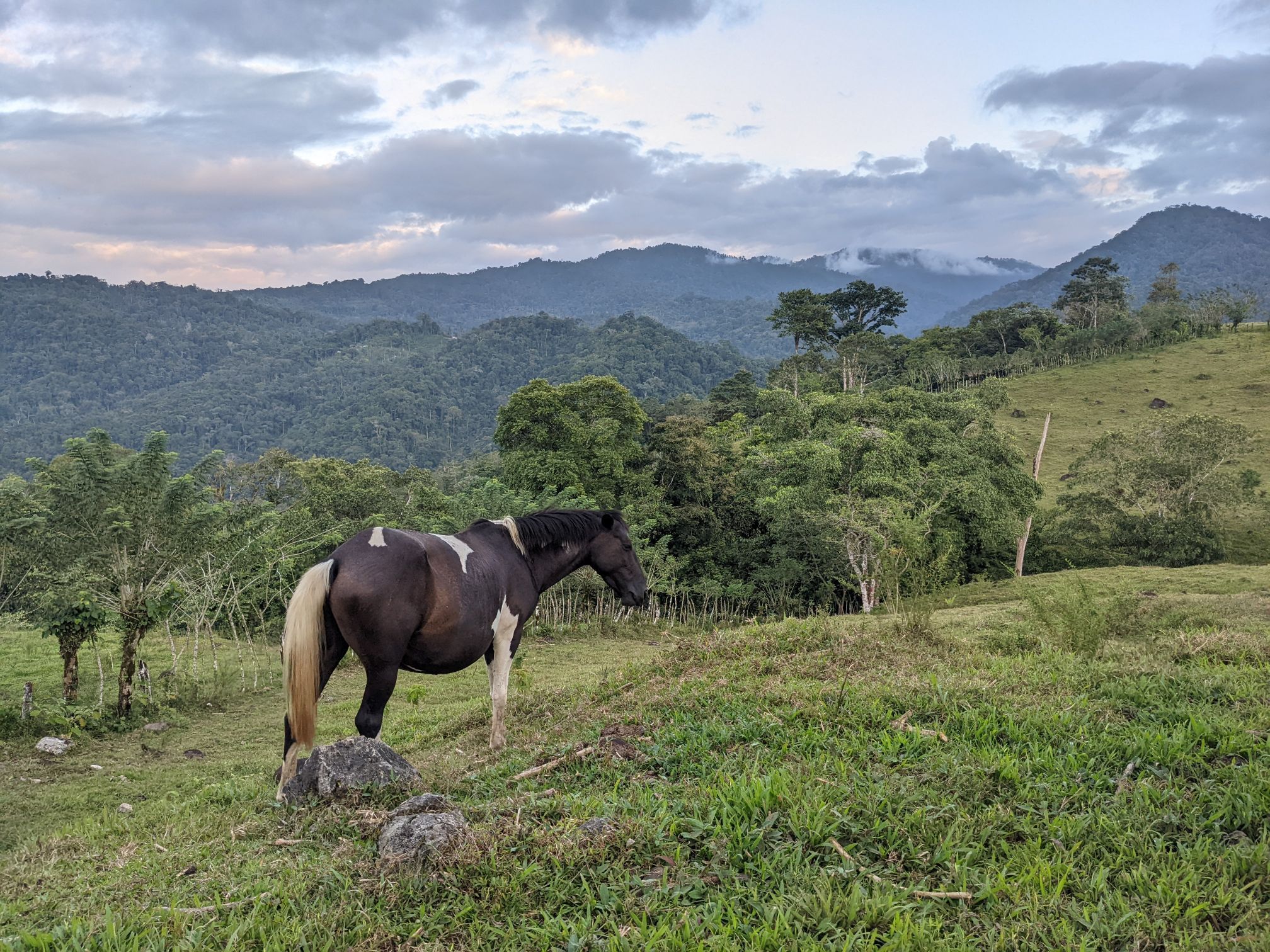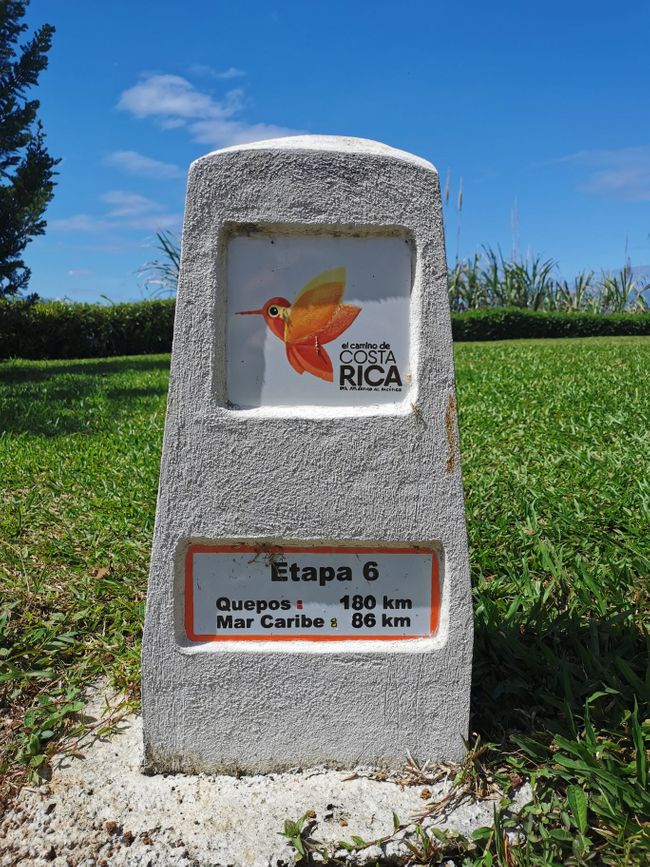Ica: Wine and Desert City
Нийтэлсэн: 21.04.2019
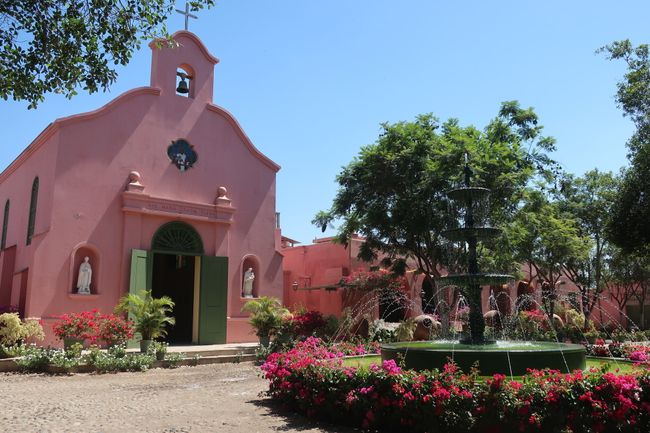
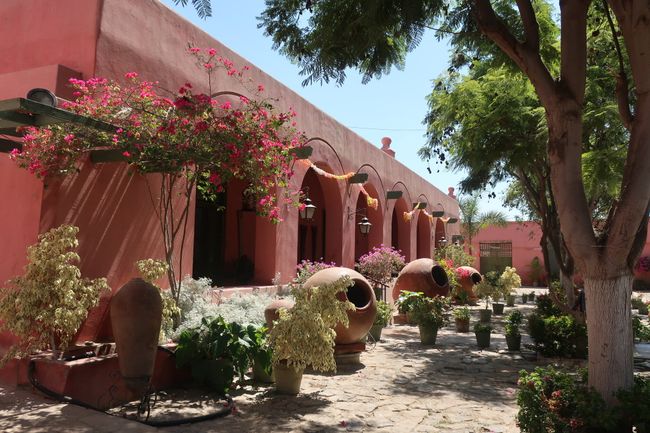
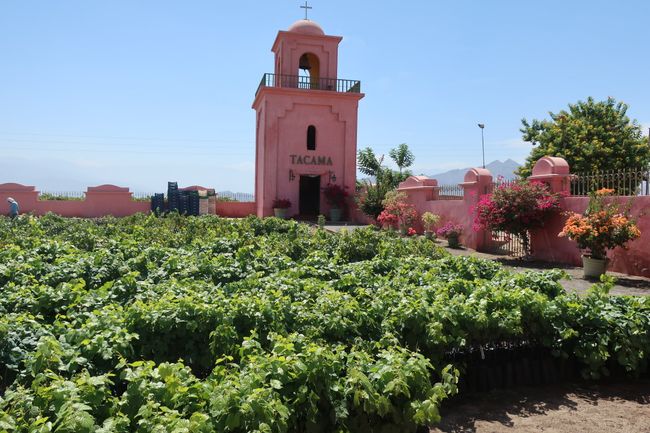
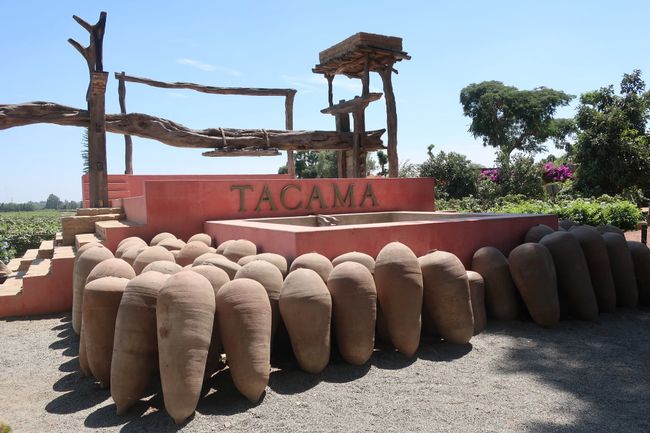
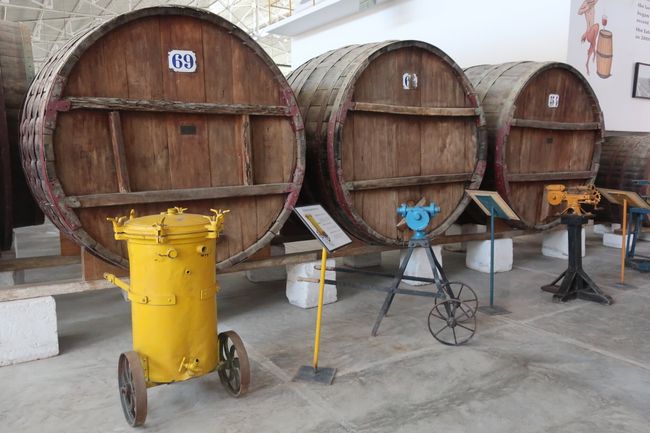
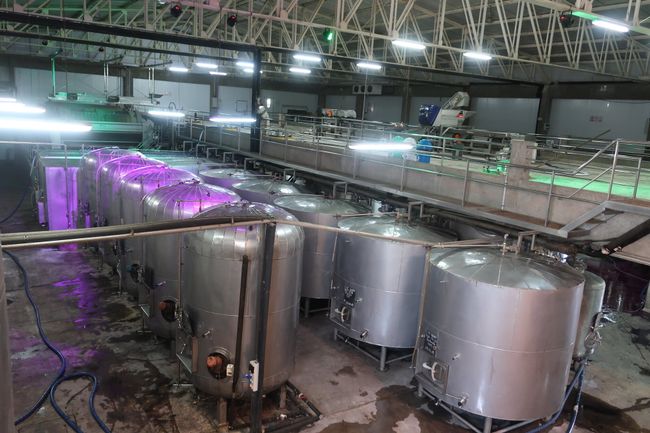
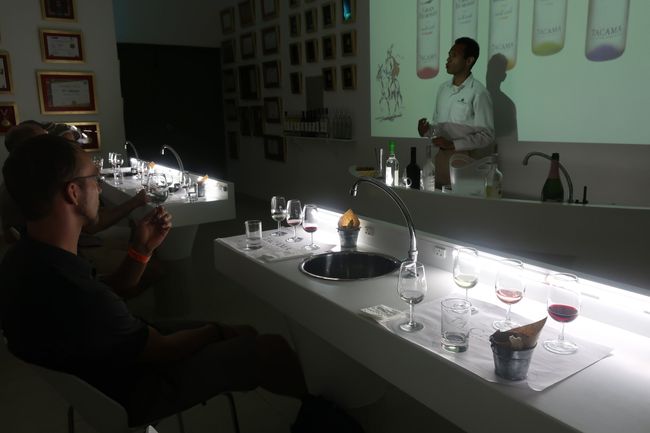
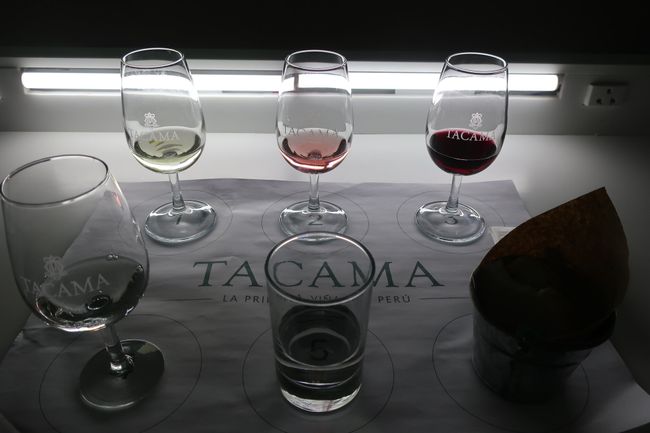
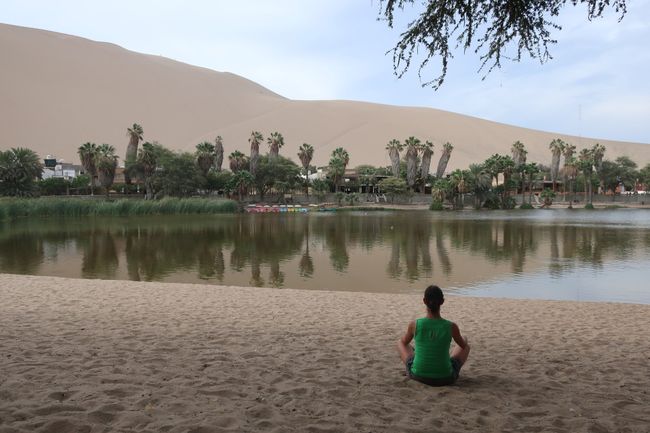
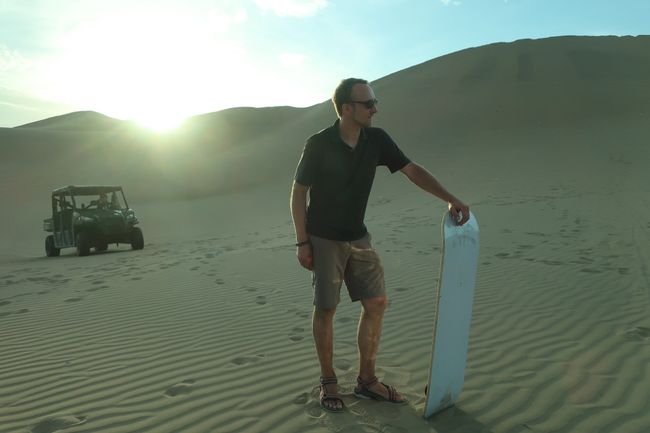
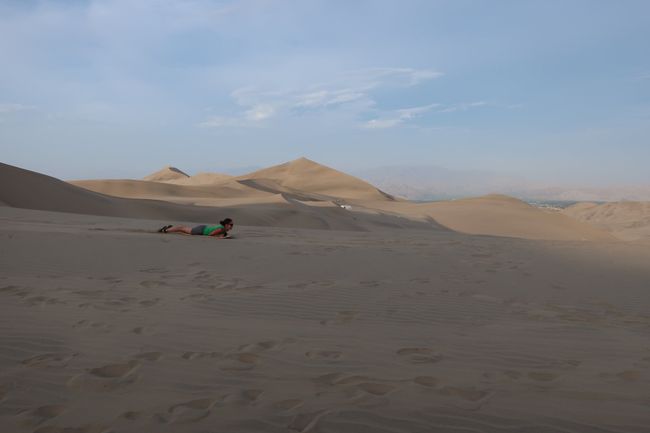
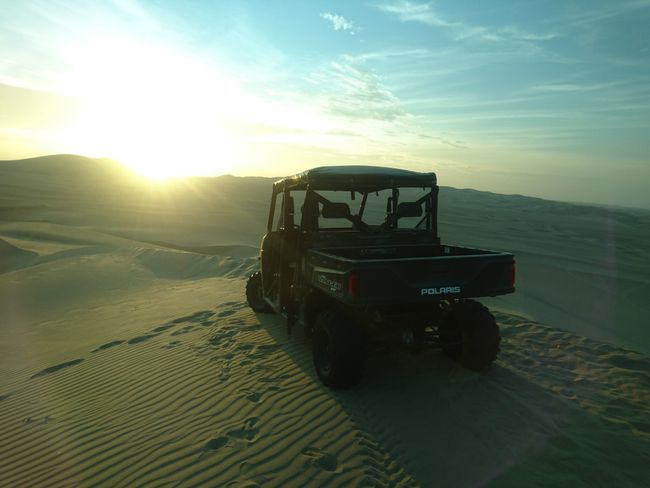
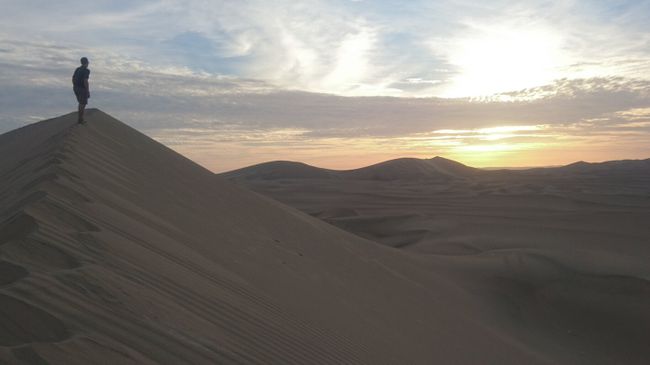
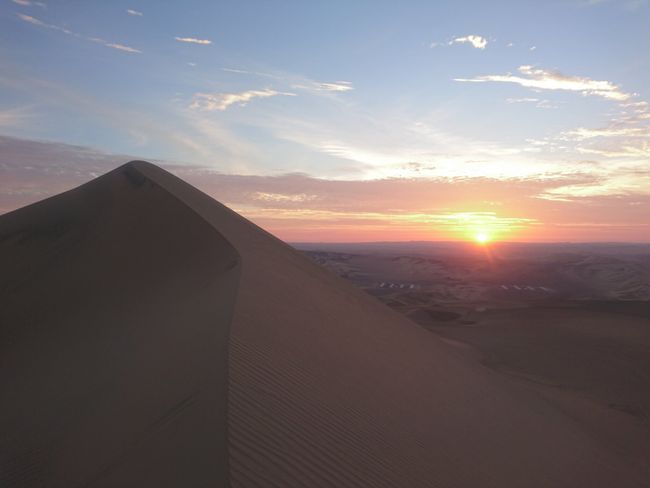
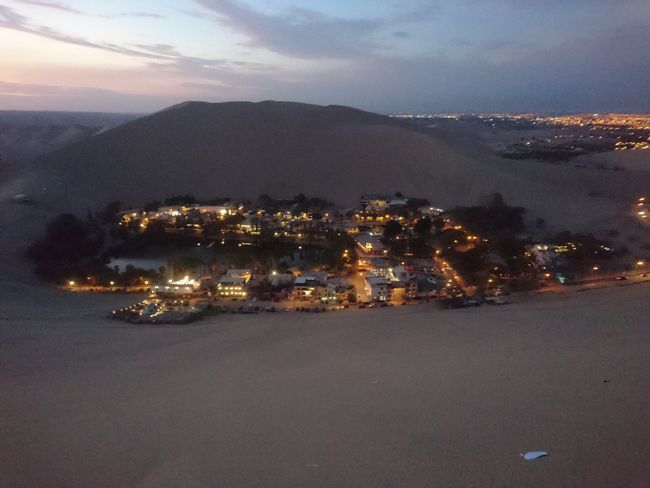
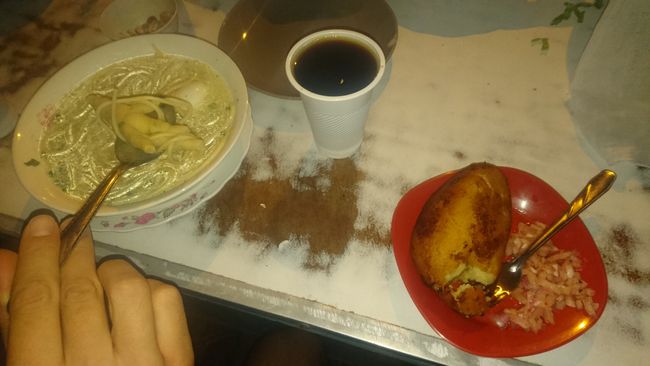
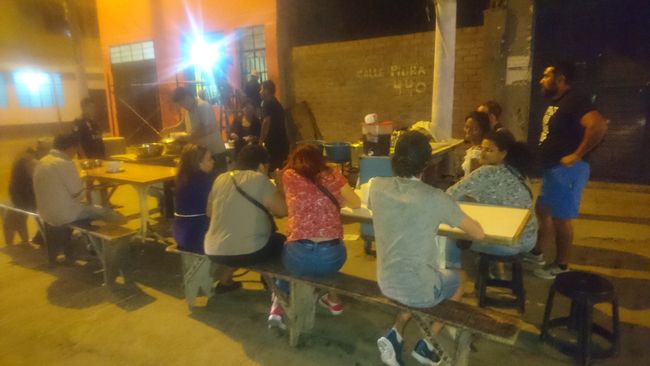
Мэдээллийн товхимолд бүртгүүлнэ үү
Ica is located slightly south of Lima on the coast and is a desert city. I chose it because it is slightly less touristy than the cities of Pisco and Nasca (with the Nasca Lines). Since our landlord conveniently owns a tour company, we got advice from him and booked some activities right from our doorstep.
First, we rented bicycles from him to go to the famous Tacama winery, which is located a bit outside the city. The journey took about half an hour, but after just a short distance, we regretted choosing the bike option as the mountain bikes desperately needed maintenance. We struggled up the dusty hill with the rusty bikes. When we arrived at Tacama, we were immediately greeted with the Spanish flair of a Mediterranean hacienda. The expansive vineyard is the oldest in all of Latin America and has over 500 years of tradition in winemaking. Additionally, the famous Peruvian grape brandy, Pisco (similar to Grappa), is also produced here. We opted for the full package, which included a tour of the grounds and a tasting with a sommelier. We visited the beautiful main square with a fountain and a small church, as well as the horse pasture, the fields of grapevines, the production facilities, and the collection of historical equipment for winemaking.
Then came the crucial part: the tasting. We were led into a professionally equipped room with table lighting and an adjacent sink (actually, you're supposed to spit out the wine) where the wine could be properly assessed for smell, color, and taste. We received extensive explanations on how to judge and taste wine. We tried white wine, red wine, rosé wine, and Pisco (unfortunately, all on the dry side) and afterwards, we felt like true experts. However, since Peru also offers many sweet wines that better suit our taste, we also sampled two such wines during dinner.
Back at the accommodation, the car for the next excursion was already waiting. We went to Huacachina, a small town with an oasis in the middle of the desert, not far from Ica. Here, we wanted to take a sand buggy tour through the dunes. But before that, we had some time to visit the picturesque oasis, which can be easily explored on foot. It's fascinating how this water hole with palm trees has formed and survived in the middle of the desert.
At around five o'clock, we promptly took our seats in a sand buggy for a private tour just before sunset. Our guide zoomed with us through the dune landscape around Huacachina, and we were completely thrilled. It was our first time in a real desert, and we didn't expect to enjoy such a dry landscape so much. The majestic dunes stretched out before us to the horizon and displayed a captivating play of colors with the setting sun. Along the way, we made two stops for an adrenaline kick. We went down the dunes at full speed on sandboards while lying on our stomachs. It took some courage as you gained quite a speed on the high dunes. As the highlight of the day, our guide took us by buggy to an impressive dune from where we could enjoy a dreamy sunset. Finally, in the dark, we had a wonderful view of the illuminated Oasis Huacachina.
As hunger slowly set in, we had arranged a street food tour with our landlord at a relatively low cost, which took place right after with three French people. Although we had already done something similar in Lima, the food here was completely different. We tasted our way through the street food of Ica and repeatedly sat down on a different bench in the middle of the street, where a whole kitchen was set up. We probably wouldn't have tried or dared to buy some of these dishes on our own, so the tour was a great experience. We had yuca with guacamole and spicy sauce, papa rellena (a sweet potato filled with minced meat), anticuchos (grilled beef hearts on a skewer - better than I expected), a somewhat questionable soup in which Chris found a chicken foot, and two desserts like the cinco leches cake (with 5 types of milk) and the sweet deep-fried picarones. After this eventful day, we could only roll home feeling satisfied.
Мэдээллийн товхимолд бүртгүүлнэ үү
Хариулт (1)
Karin
Die Gebäude und Pflanzen des Weingutes machen was her, die tinajones igual que en Camagüey. So stellt man sich eine Hacienda vor. Und alles überaus gepflegt, da lässt es sich aushalten. Der Ausflug in die Wüste war sicher etwas ganz besonderes.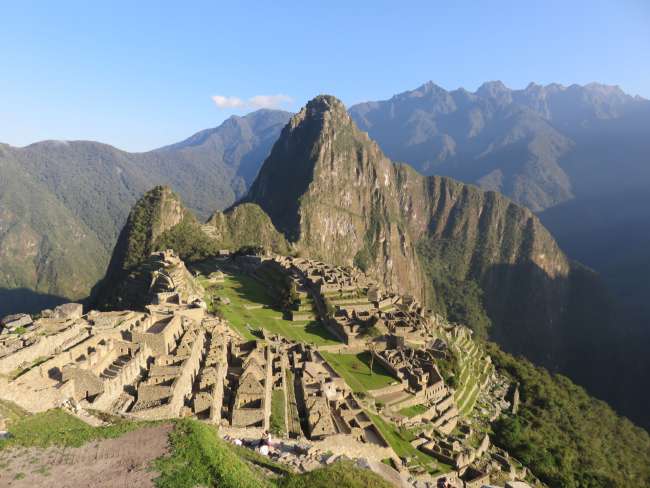
Перу аяллын тайлан
